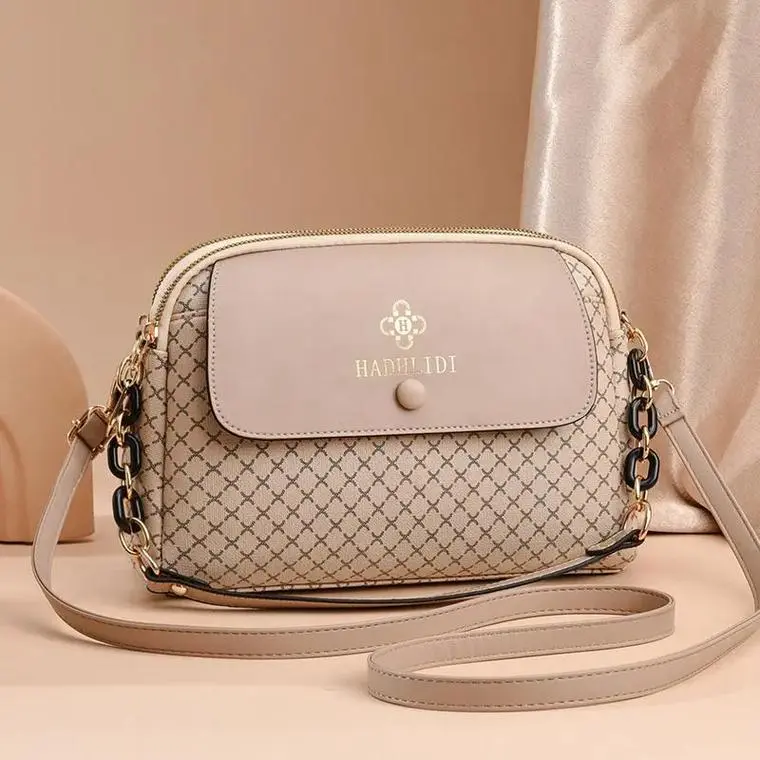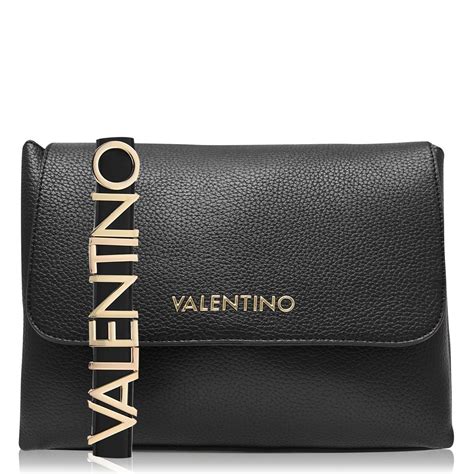waar kan je antiek laten taxeren | Wilt u antiek laten taxeren?
$128.00
In stock
Antiques, objects imbued with historical and aesthetic significance, hold a unique allure. These items, often more than a century old, are not simply remnants of the past; they are tangible links to bygone eras, whispering stories of craftsmanship, culture, and the lives of those who came before us. The world of antiques is vast and varied, encompassing furniture, ceramics, jewelry, paintings, and countless other objects that have stood the test of time.
However, understanding the true value of an antique requires more than just appreciation. It demands expertise, knowledge, and a keen eye for detail. This is where the process of antique valuation, or appraisal, comes into play. Whether you've inherited a family heirloom, discovered a hidden treasure in your attic, or are simply curious about the worth of a cherished piece, knowing where to get your antiques appraised is crucial. This article serves as a comprehensive guide, exploring the various avenues available for antique valuation and providing insights into the factors that influence an antique's worth.
What is Antique Valuation and Why is it Important?
Antique valuation is the process of determining the monetary value of an antique object. This value is not fixed; it fluctuates based on a multitude of factors, including:
* Age: As a general rule, older antiques tend to be more valuable, but age alone is not the sole determinant.
* Rarity: The scarcer an item is, the higher its potential value. Limited production runs, unique designs, and items that have survived in small numbers are highly sought after.
* Condition: The condition of an antique significantly impacts its value. Items in excellent condition, with minimal wear and tear, will command higher prices than those that are damaged or heavily restored.
* Provenance: The history of ownership of an antique, known as its provenance, can significantly increase its value. Items with documented histories, especially those connected to famous individuals or significant historical events, are highly desirable.
* Authenticity: Ensuring that an antique is genuine and not a reproduction is paramount. Expert appraisers can identify hallmarks, signatures, and other telltale signs of authenticity.
* Aesthetic Appeal: The beauty and artistry of an antique contribute to its value. Items that are visually appealing and well-crafted tend to be more desirable to collectors.
* Market Demand: The current market demand for a particular type of antique plays a crucial role in its valuation. Trends and collector preferences can shift over time, influencing prices.
* Material and Craftsmanship: The quality of the materials used and the skill of the craftsman who created the antique are important considerations. Items made from precious metals, rare woods, or executed with exceptional artistry will generally be more valuable.
Understanding the value of your antiques is important for several reasons:
* Insurance: Accurate valuations are essential for insuring your antiques against loss, theft, or damage. Without a proper appraisal, you risk being underinsured and unable to recover the full value of your items in the event of a claim.
* Estate Planning: Antique valuations are crucial for estate planning purposes, ensuring that your assets are accurately assessed and distributed according to your wishes.
* Sale: If you are considering selling your antiques, a professional appraisal will provide you with a realistic estimate of their market value, allowing you to negotiate a fair price.
* Curiosity and Appreciation: Even if you have no intention of selling or insuring your antiques, understanding their value can enhance your appreciation for their history and artistry.
Where Can You Get Your Antiques Appraised?
Now that you understand the importance of antique valuation, let's explore the various options available for getting your items appraised:
1. Auction Houses:
Auction houses are a prominent source for antique valuations. They employ experts in various fields who can assess the value of your items based on their knowledge of the market and their experience with similar pieces.
* Benefits: Auction houses offer a wide range of expertise, access to a global network of buyers, and the potential for competitive bidding, which can drive up the price of your antiques. They also often provide free preliminary evaluations.
* Drawbacks: Auction houses typically charge a commission on the sale price of your items, which can range from 10% to 25% or more. Also, if your item doesn't sell, you may still incur fees for photography, storage, and other services. Reputable auction houses include Sotheby's, Christie's, Bonhams, and regional auction houses such as Vendu Rotterdam.
2. Independent Appraisers:
Independent appraisers are professionals who specialize in valuing antiques and collectibles. They work independently of auction houses or dealers and provide unbiased opinions of value.
* Benefits: Independent appraisers offer personalized service, in-depth research, and detailed reports. They are often members of professional organizations such as the Appraisers Association of America (AAA) or the International Society of Appraisers (ISA), which ensures they adhere to ethical standards and maintain their expertise.
* Drawbacks: Independent appraisers typically charge hourly or flat fees for their services, which can be more expensive than the free preliminary evaluations offered by auction houses. However, the cost can be justified by the thoroughness and objectivity of their assessments. A good example is Patricia Jansma, who provides such services.
3. Antique Dealers:waar kan je antiek laten taxeren
Additional information
| Dimensions | 9.6 × 2.9 × 1.1 in |
|---|








